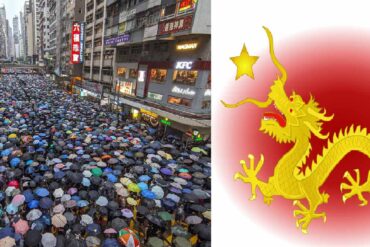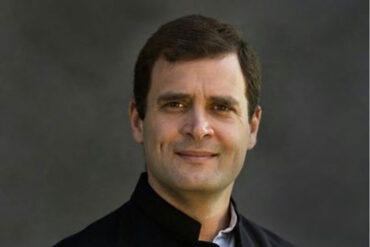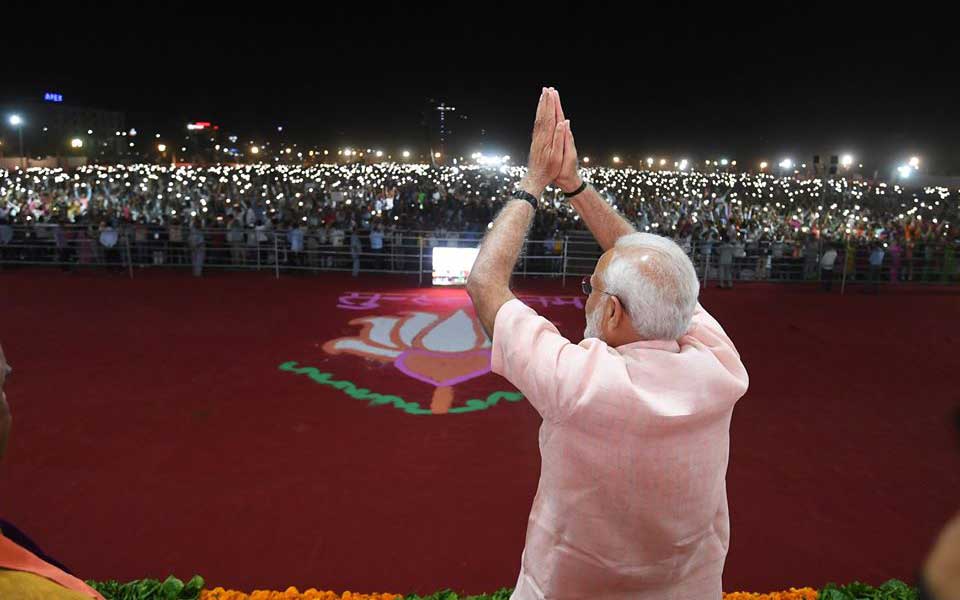With the executive, legislature and judiciary more or less on the same page, the BJP can be said to be on a dream run. But the oddity is that it isn’t. The reason is that democracy allows hoi polloi to follow a line of thinking which may not tally with the views of the powers-that-be. Hence, the BJP’s setbacks in Maharashtra and Haryana.
The party appears to have made a mistake by interpreting its massive success in the parliamentary polls as a carte blanche for pursuing the key items on its Hindutva agenda which had been shelved by one of its tallest leaders, Atal Behari Vajpayee, in 1996.
The revocation of Article 370 was one of these items, but the BJP has flunked the first test of its August 5 decision to dispense with Jammu and Kashmir’s special status. If the people had been impressed by its ‘bold’ decision to put an end to Kashmir’s privileged position, the BJP would have fared much better in Maharashtra and Haryana.
The next test will be in Jharkhand. The outcome of the assembly election there will show whether the item which was first on Vajpayee’s list of banned subjects–the Ram temple—will enable the party to win in the wake of the judicial permission to build the temple on the site of a demolished mosque. Considering that the verdict on the temple was not received with as much elation as might have been expected since the issue has been the guiding force behind the BJP’s rise from the margins of politics in the 1990s, it can seem that the temple no longer arouses the kind of passion which it earlier did.
Perhaps the BJP sensed its diminishing electoral utility, which is why it moved on to other emotive subjects to shore up its position like hyper-nationalism, the identification of illegal Muslim immigrants–“termites” in Union home minister Amit Shah’s view–via a national register of citizens, a citizenship bill, a “crackpot idea”, as a US lawmaker has said, which debars Muslims (such as the persecuted Shias and Ahmediyas in Pakistan or writers like Salman Rushdie) from the possibility of asylum in India, and so on.
For now, the BJP government appears clueless as to how long to continue with the clampdown in the Kashmir valley–the shutting down of the internet and incarceration of political leaders–although it knows that criticism of these “unsustainable” acts, as German chancellor Angela Merkel has said, will mount with each passing day.
Apart from the electoral setbacks, the BJP government is confronted with an economy that is going downhill all the time. The party’s only advantage is that the opposition remains incapable of offering it a serious challenge at the national level.







